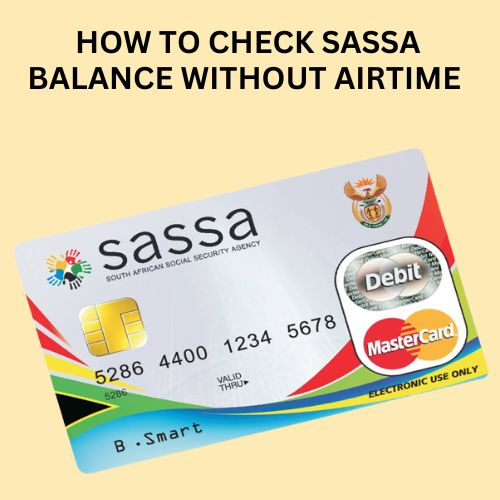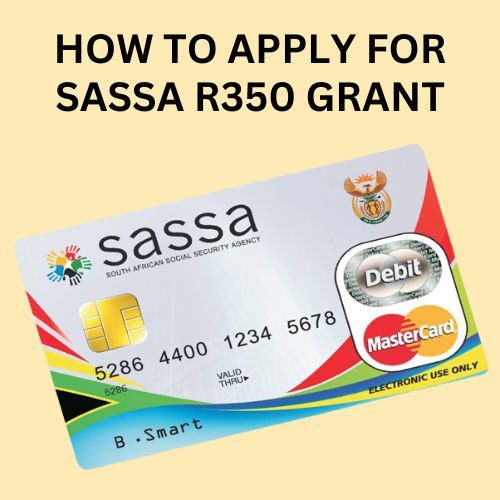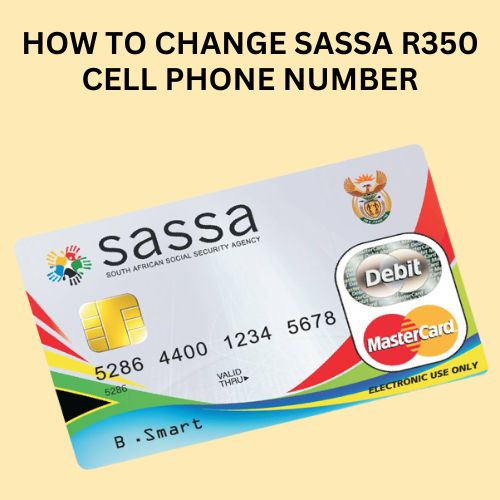When SASSA says that your grant application is “approved but no payment,” it typically means that your application has been processed and approved for the grant, but there may be a delay or issue preventing the actual payment from being disbursed.
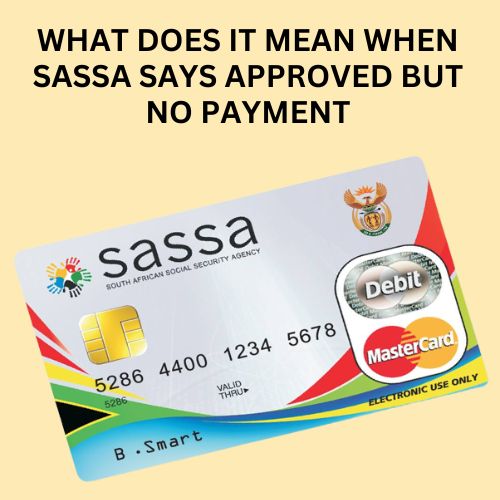
There can be several reasons why a grant may be approved but not yet paid:
- Payment processing time: SASSA processes a large number of grant applications, and it may take some time for the payment to be processed and scheduled. There could be delays in the administrative process, especially during peak periods.
- Verification and validation: SASSA may need to verify and validate the information provided in your application, such as your identity, eligibility, and banking details. This process can take time, particularly if there are discrepancies or additional documentation required.
- Payment schedule: SASSA has specific payment cycles, and your approved grant may fall within a certain payment period. If your grant approval comes after the cut-off date for a particular payment cycle, you may have to wait until the next payment cycle for the disbursement.
- Technical issues: There could be technical issues or glitches in the payment system, which can result in delays in disbursing the grant payments. These issues are usually temporary and resolved as quickly as possible.
If you receive a notification that your grant is approved but there is no payment, it is advisable to wait for a reasonable period. Such as a few days or a week, to see if the payment is processed.
If there is a significant delay beyond the expected payment date, it is recommended to contact the SASSA helpline at 0800 60 10 11 or visit a local SASSA office to inquire about the status of your payment and seek further assistance.
What is the SASSA Payment Processing Time?
The payment processing time can vary depending on a number of factors. This includes the grant type, application completeness, verification process and administrative workload.
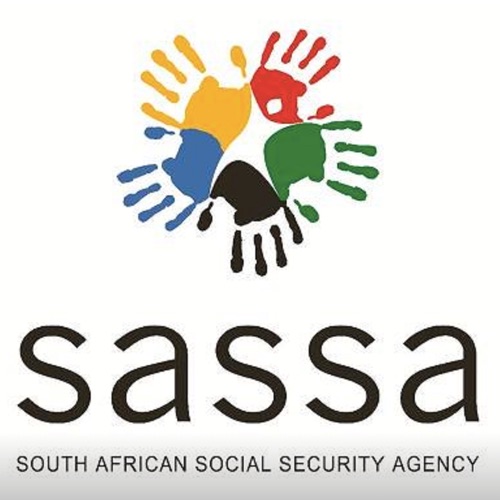
What is Verification and Validation?
In the context of SASSA, verification and validation refer to the process of checking and confirming the accuracy, authenticity, and eligibility of the information provided by grant applicants or beneficiaries.
SASSA conducts these procedures to ensure that grants are allocated to individuals who meet the necessary criteria. It is also to prevent fraudulent activities.
During the verification and validation process, SASSA may undertake various checks, including:
Identity Verification
SASSA verifies the identity of the applicant or beneficiary to ensure that they are who they claim to be. This involves confirming their personal details, such as their name, date of birth, and identity document or passport information.
Eligibility Verification
SASSA assesses the eligibility of applicants or beneficiaries based on the specific criteria set for each grant. This may include factors such as age, income level, disability status, employment status, and citizenship or residency requirements.
Documentation Validation
SASSA verifies the authenticity and validity of the documents submitted by applicants or beneficiaries as proof of their eligibility or personal information. This can involve cross-checking the documents with official records or contacting relevant authorities for verification.
Financial Verification
SASSA may verify the financial information provided, such as bank account details or income statements. This is to ensure that the applicant meets the financial requirements for the grant.
The verification and validation process helps SASSA maintain the integrity of the social grant system, prevent fraud or misuse of funds, and ensure that grants are allocated to those who genuinely qualify for assistance.
It may involve contacting applicants or beneficiaries for additional information, conducting home visits, or collaborating with other government agencies or financial institutions to validate the provided details.
It’s important to provide accurate and truthful information during the application process to avoid any delays or potential penalties.
If there are discrepancies or concerns during the verification and validation process, SASSA may request further information or documentation from the applicant or beneficiary to clarify or resolve the issue.
Useful Links
Types of SASSA Grants
SASSA (South African Social Security Agency) provides various types of grants to assist eligible individuals and families. The types of SASSA grants include:
Older Persons Grant
This grant is available to South African citizens or permanent residents who are 60 years of age or older and meet the eligibility criteria.
Disability Grant
This grant is intended for South African citizens or permanent residents who have a disability that prevents them from working and meeting their basic needs.
Child Support Grant
It is designed to support caregivers of children under the age of 18 who meet the means test and other eligibility criteria.
Foster Child Grant
It is for individuals who are caring for a child who is not their biological child, either through foster care or court-ordered guardianship.
Care Dependency Grant
This grant is available to caregivers who are responsible for children with severe disabilities and require additional care and support.
Social Relief of Distress Grant (SRD)
The SRD grant is a temporary grant that provides assistance to individuals or households in urgent need due to a crisis or disaster, such as the COVID-19 pandemic.
It’s important to note that each grant has specific eligibility criteria and requirements that applicants must meet to qualify. The grants aim to provide financial support to vulnerable individuals and families, ensuring their basic needs are met.

